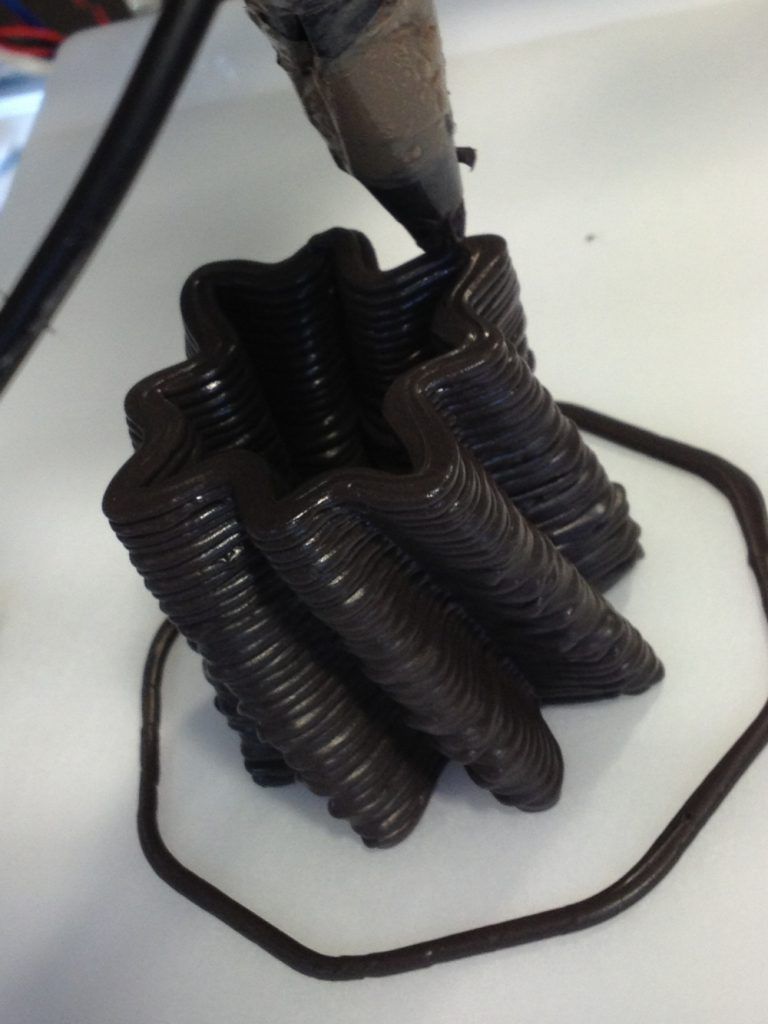3D printed food is no longer the domain of sci-fi fantasy. It’s here and it’s real: but is it really a big deal, or is it just a passing fad?
In science fiction television shows and movies such as those in the Star Trek universe, the food synthesizers or replicators were electronic devices that took base elements and transformed them into any type of food that was desired. This seemingly miraculous device could only exist in the world of science fiction — at least for now. However, thanks to the advances in 3D printing, it is now possible to create food that mimics the taste, shape, and color of familiar dishes.
Over the past few years, 3D printers have become more commonplace in commercial industries and are used to create all types of items that range from small models and jewelry up to large construction items used to create buildings. But what about 3D printed foods? Is it the future of gastronomy, or just a quirky fad?
Essentially, 3D printing food works by the same principles of regular additive manufacturing, except that the material being extruded is edible. Thanks to the advances in 3D digital design technology and the incorporation of the right materials, it is now possible to create the shapes, tastes, textures, and overall forms of food that are not possible to do by hand. The result is food that is recognizable, edible, and can be created using the 3D printing.
